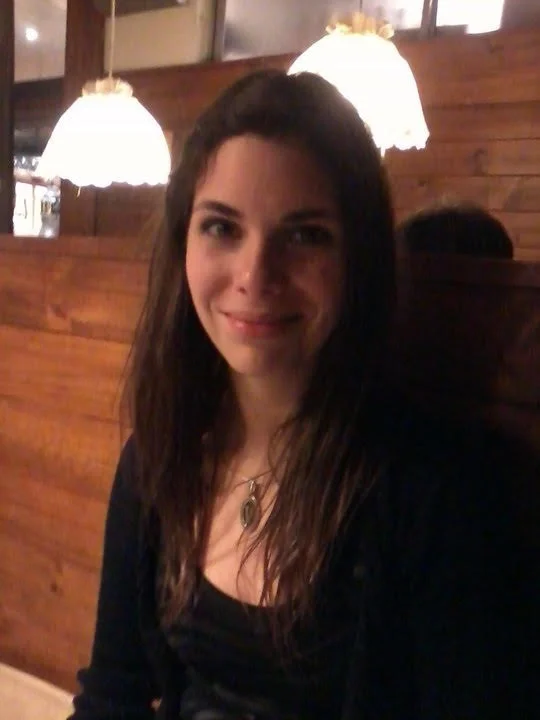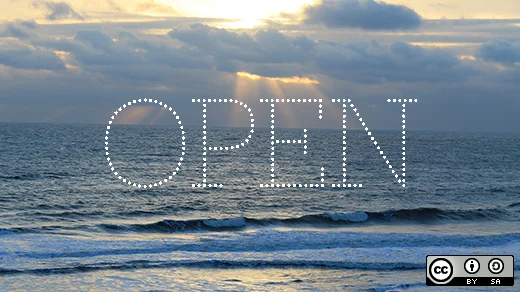 Open source communities have been paving the way for innovation for years, and recently they've been paving the way for diversity in the IT fields, too. For some women, the way into technology was clear and well-lit. Others faced harsh criticism from their families, friends, and society. Thankfully, open source communities are creating a level playing field, enabling women from all over the world to learn, contribute, and make their mark in technology.
Open source communities have been paving the way for innovation for years, and recently they've been paving the way for diversity in the IT fields, too. For some women, the way into technology was clear and well-lit. Others faced harsh criticism from their families, friends, and society. Thankfully, open source communities are creating a level playing field, enabling women from all over the world to learn, contribute, and make their mark in technology.
I had the pleasure of talking with Victoria Martinez de la Cruz, a fellow Red Hatter from Buenos Aires, Argentina. Victoria is a super intelligent, energetic woman who fought her way into technology despite resistance from her society. Today she works as an OpenStack developer, runs workshops at Python conferences (in Spanish too!), and will be co-organizing a Django Girls workshop at the upcoming PyCon Argentina.

Can you describe your first interaction with technology?
I started putting my hands on computers at a very young age, 8 years old more or less, thanks to my mom. My parents run their own business and my mother is in charge of all accounting and management duties, so when my brother and I were young she decided to move her office to our house and take care of us (a pioneer of remote work, huh?). When she finished her daily work, she would always tell me to sit with her so that I could learn how to use the computer.
Then, when I was about 13 years old, there were many old pieces of hardware around my house that I decided to restore and use as a lab. In this lab I ran early GNU/Linux versions and such. That's when things started to get serious. :)
When you decided you wanted to work in IT, did you encounter resistance from your environment, family, or friends? How did you handle it?
I kind of did, yes. Computer science has always been a man's career in my country, and when I finished school and decided to go to college and pursue a CS degree, I got reactions such as "you could do better as an accountant" or "the fact you are comfortable around computers doesn't mean you will make a good computer scientist."
So, I listened to those comments and started my studies to get an accounting degree. After two years of nonsense, I changed my career and started studying to get a licentiate degree of computer sciences. I graduated this year and I now think is the best decision I have ever made. ;)
How did you get involved with open source? Did you have support from the community you were contributing to? Any challenges?
I first heard about open source software and communities communities many years ago. At that time I didn't have the knowledge or the resources to make any contribution, so I devoted all my time to reading about the projects and understanding how they work—software, licensing, communities.
In 2012, I heard about a project to get more women involved with open source called GNOME Outreach Program for Women (nowadays it is the Outreachy program), and thought, "This is my opportunity!" I was still very inexperienced, but I sent an application and started to get involved with the GNOME project.
I wasn't accepted to the program the first time around, but I applied one more time the next year. Fortunately, the second time, I got selected for an internship in a "little" project that I now love called OpenStack. I worked as an intern from December 2012 to March 2013 on the OpenStack Dashboard (Horizon) component.
The OpenStack community was fairly small at that time, and I got to know many talented and helpful people. Among all the people I met, I should highlight the role of my mentor, Julie Pichon, and the coordinator of the program at that time, Anne Gentle. They were amazing with me, and taught me all I know about good programming practices and open source communities. With their support, and the support of the rest of the community, I got comfortable quite fast.
Breaking the ice with the code, setting up the development environment, and getting familiar with the contribution process was perhaps the most challenging part. Once I managed to get some understanding of the project and its goals, I could start contributing on a regular basis.
What advice you can give to women who are hesitant to enter the world of technology, or who are afraid of their friends or families' reactions if they choose to pursue IT education or work?
What I've learned from my own experience is that you know best what you want to do. If you are happy doing something, you should try to dedicate your life to it. If you like what you do, chances are you are going to be very good at it, and you will probably know lots of people who will notice this and who will help you to achieve your goals.
Now, with the efforts of many organizations, communities, and companies, the presence of women in engineering is a thing. People are getting used to it, and because of that, tech environments are being more women-friendly.
Open source communities are full of great, interesting, and intelligent people. Don't miss that because you are afraid. You won't be alone!
in Open Source
This article is part of the Diversity in Open Source series to help foster an inclusive and welcoming environment by publishing a diverse range of voices on a variety of international open source topics.







Comments are closed.